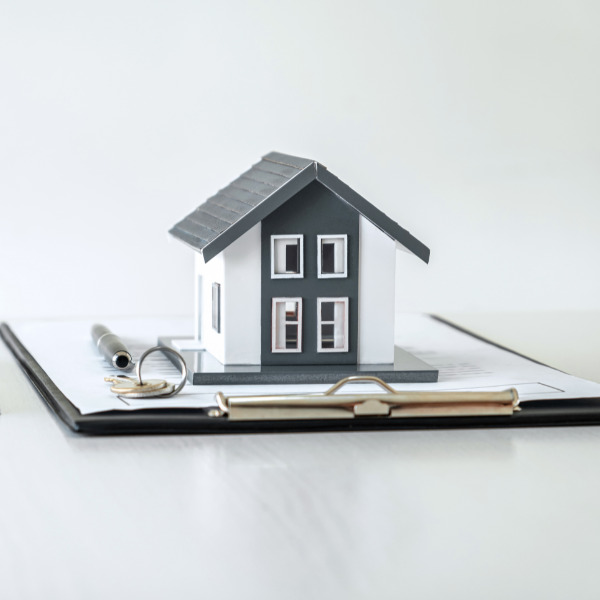Around 36% of homes in Switzerland are owner-occupied, one of the lowest rates in Europe. More than 60% of Swiss tenants aspire to become homeowners. This dream is hampered by two obstacles: the scarcity of supply and high prices, which have more than doubled since 2000. Despite a tight market, becoming a homeowner in Switzerland remains an achievable goal.
Conversely, certain sought-after areas, such as the Lake Geneva region (Geneva, Lausanne) and Zurich, are suffering from insufficient supply in the face of strong demand. This pressure is driving up prices, making it more difficult to buy property in metropolitan areas.
Sources
rts.ch - Article
comptoir-immo.ch - Article
admin.ch - Article
swissinfo.ch - Article
maillard-immo.ch - Article
neho.ch - Article
nextbank.ch - Article
Property in Switzerland: a realistic project with the right strategy
Home ownership remains a possibility, provided you take a realistic and planned approach. Starting to save early, targeting properties that fit your budget and taking advantage of the current 0% base rate are all opportunities worth seizing. Rural or suburban areas with good transport links offer more affordable opportunities, with prices 30-40% lower than in urban centres. These regions are particularly attractive to families looking for detached houses with gardens, a type of property that has become difficult to find in cities.Conversely, certain sought-after areas, such as the Lake Geneva region (Geneva, Lausanne) and Zurich, are suffering from insufficient supply in the face of strong demand. This pressure is driving up prices, making it more difficult to buy property in metropolitan areas.
An encouraging outlook
By 2045, thousands of homes are expected to become available, offering the prospect of a gradual easing of the property market. However, it remains to be seen how many of these homes will actually be put up for sale, as nearly one in two homes is usually passed on within the family.How to become a homeowner?
- Assess your financial capacity
Swiss banks require a personal contribution of at least 20% of the purchase price of the property. Of this amount, at least 10% must come from ‘liquid’ funds, i.e. excluding pension funds. Your total debt ratio (mortgage + expenses) must not exceed 33% of your gross annual income. On top of this, there are acquisition costs (e.g. notary fees, transfer duties), which generally vary between 2% and 5% of the property price. - Search for the ideal property
Browse property portals, activate your network or use an agency to find a property that suits your budget and needs. - Obtain a mortgage
Mortgage rates are currently low, making purchasing more accessible despite high prices per square metre. The bank will lend up to 80% of the purchase price. - Signing the sales contract
Once financing has been secured, the transaction is formalised by signing the sales contract before a notary.
Property: advantages and disadvantages
Advantages
- Building wealth, increasing property value
- Freedom of layout
- Long-term savings potential
- Economic stability
- Tax benefits (deductible interest)
Disadvantages
- High acquisition costs, secondary costs (e.g. maintenance, insurance)
- High responsibility
- Long-term debt (15 to 30 years)
- Risks related to the real estate marketTax constraints (rental value)
Conclusion
Becoming a homeowner in Switzerland remains a challenging process, but it is far from impossible. With careful financial planning, a forward-thinking savings strategy and a wise choice of location, home ownership can become a reality, even in a tight market.Sources
rts.ch - Article
comptoir-immo.ch - Article
admin.ch - Article
swissinfo.ch - Article
maillard-immo.ch - Article
neho.ch - Article
nextbank.ch - Article
